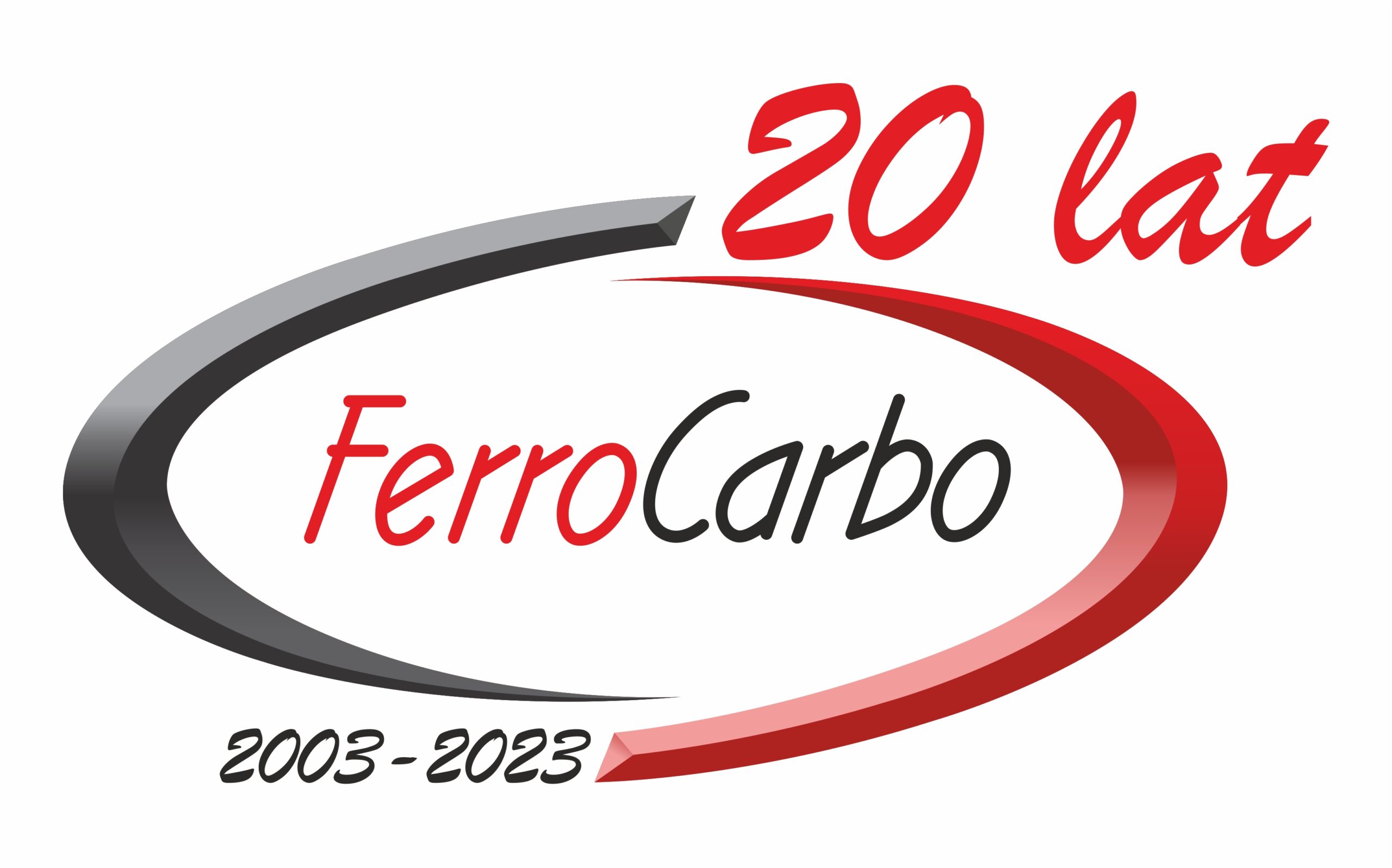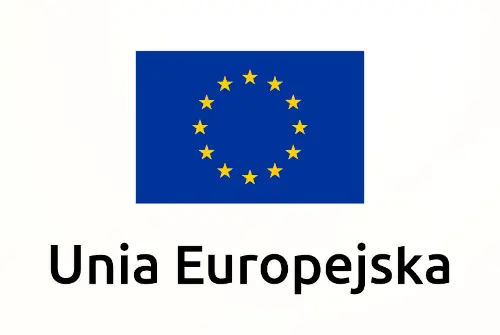Blog
Methods of testing solid fuels
Methods and scope of solid fuel research
Badania paliw stałych i ich własności fizykochemicznych obejmują przede wszystkim wykonanie podstawowych analiz, które pozwalają na określenie takich parametrów jak heat of combustion and calorific value. Elementary analyzes make it possible to determine the content of moisture, ash, total carbon, hydrogen, nitrogen, oxygen or total sulfur in solid fuels. It is also possible to determine the content of chlorine or volatile matter.
All tests are carried out in accordance with applicable standards and legal acts. We provide accredited sampling of solid fuels according to PN-G-04502:2014-11 p. 5.3.3; 5.3.4; 5.3.5; 5.3.6. Our laboratory provides a wide range of services and comprehensive service. Tests of solid fuels, e.g. are aimed at assessing the mineral and checking the quality of coal, as well as calculating the CO index2.
Nasza firma specjalizuje się w badaniach paliw stałych, tj. węgla kamiennego, koksu i półkoksu, a także paliw alternatywnych (stałych paliw wtórnych) i biopaliw stałych. Najwyższą jakość usług zapewniamy zarówno dzięki high-class laboratory equipment as well as experienced and trained employees. We also carry out tests of combustion waste, such as ash, slag, ash-slag mixtures. We operate as a body accredited by the Polish Center for Accreditation, our certificate number is AB 687. The list of accredited tests can be found on our website.
We invite you to use the services of our laboratory.





 by
by 